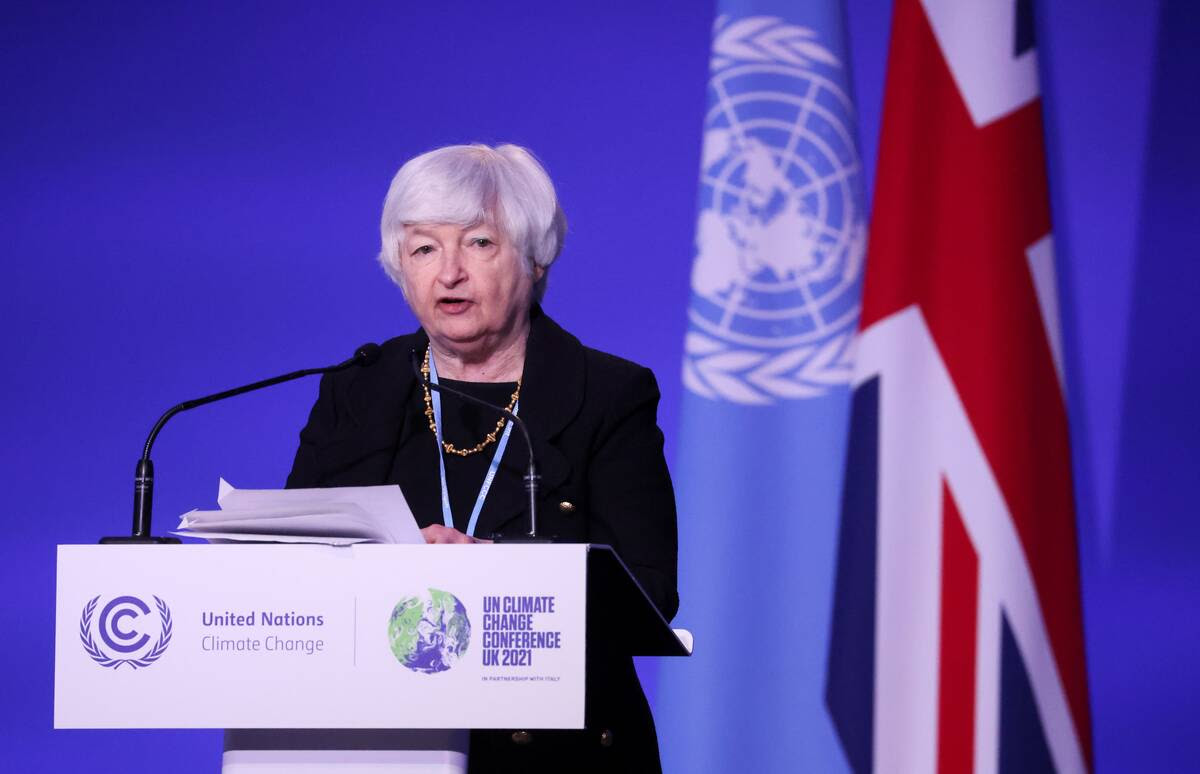from The Climate 202, Washington Post
 |
| Presented by Volvo Cars |
|
 |
|
Maxine Joselow
|
|
Good morning from Glasgow, Scotland, where the sun has finally come out from behind the clouds.  Here’s what to know from Day 3 of COP26, the United Nations climate summit underway here. Here’s what to know from Day 3 of COP26, the United Nations climate summit underway here. |
Biden was in the spotlight yesterday. Today, it’s all about climate finance.
|
| The theme of COP26 on Wednesday is finance, according to the official schedule. That means diplomats, advocates and other stakeholders will spend today debating the economics of climate action.
A coalition of private financial institutions announced early Wednesday morning that its members have collectively pledged $130 trillion to transitioning the global economy to clean energy. |
- The Glasgow Financial Alliance for Net Zero — which represents more than 450 banks, insurers, and other asset managers — is led by Mark Carney, the former head of the Bank of England, and Michael Bloomberg, the former New York City mayor and billionaire financier.
- “The private sector is ready to supply the financing to set us on a course to avoid the worst effects of climate change,” Treasury Secretary Janet Yellen said at an event in Glasgow this morning.
|
| Experts on climate policy also expect to see tensions today between developing nations and developed countries, a trend that has persisted throughout COP26 so far. |
- In 2009, at a U.N. climate summit in Copenhagen, developed countries agreed to provide $100 billion annually to help developing countries transition to greener economies and adapt to the effects of climate change.
- But 12 years later, wealthy nations have failed to make good on that pledge. According to an analysis from the Organization for Economic Cooperation and Development, rich countries last year fell $20 billion short of what was promised.
- President Biden announced plans in September to boost the U.S. annual contribution to the problem to $11.4 billion. But his plans require congressional approval.
|
| Alden Meyer, a senior associate at the European think tank E3G, told The Climate 202 that he expects Congress to sign off on the increased funding in the next appropriations bill. |
|
|
| “The good news is that this year, the administration requested about $2.7 billion in the current budget cycle, and both the House and the Senate have passed appropriations bills larger than that,” said Meyer, who has attended nearly every U.N. climate summit since 1995. |
|
